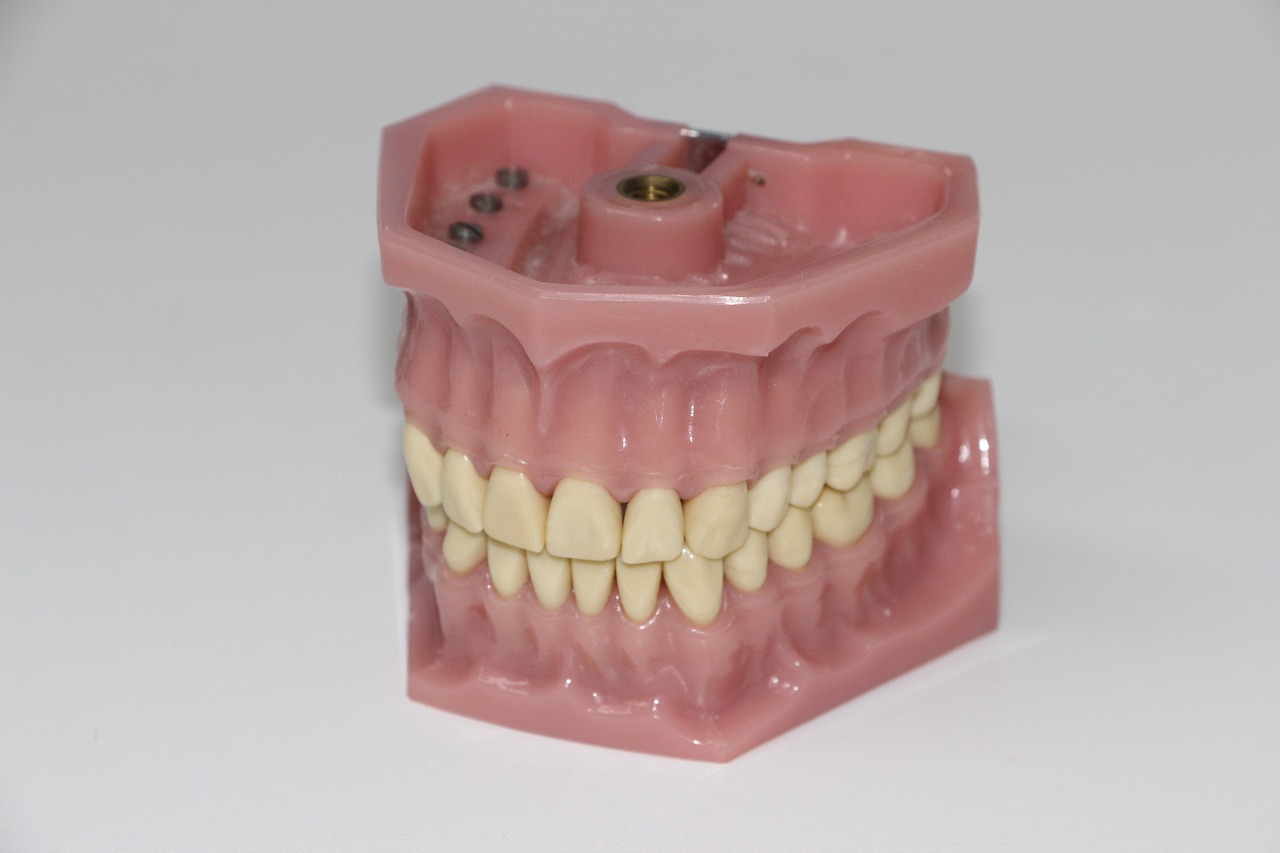House Deposits
It was not so long ago that some buyers did not need a deposit to buy a home. In fact, in some cases, they got the mortgage, the house and a sum of money. 110% mortgages helped some people to get onto the housing ladder in the early 2000s. However, these mortgages were not typical, but a deposit of as little as 10% was quite normal. In 1990, £60,000 was the normal amount you had to save for a deposit.
Today, 15% is more typical. Fortunately, house prices have dropped in most parts of the UK. However, despite this the fact that you need an average of 15% as a deposit means that you still have to find £66,000. In the current economic climate that is a big ask. The cost of living has gone up, and wages have been frozen or fallen, so finding the cash for a deposit and other moving costs is very difficult.
How to Reduce the Cost of Buying a Home
There are quite a few ways to boost your savings and most people who are saving a deposit are well aware of them. They do not waste any money; they take second jobs and make sure that they sell anything they do not need because every little bit of money helps.
However, many people are not aware of how many deals there are out there when it comes to new houses. If you can find a deal that pays your stamp duty you may well be able to actually buy a home. Many builders offer such deals, they also offer to buy your furniture or in some cases pay your legal fees or your deposit. Shared equity and shared ownership deals are also on offer from some firms.
Increasingly, builders are actively helping potential buyers to find finance. Their core business is still building homes, but they are increasingly being proactive in helping people to overcome the barriers in their way. Doing so benefits the building firms as well as their customers. However, finding these deals can be difficult and time consuming. Luckily, some websites out there pull this kind of information together into one convenient place.
Visit the What House website to find new houses across the country including those that have special offers and deals.



